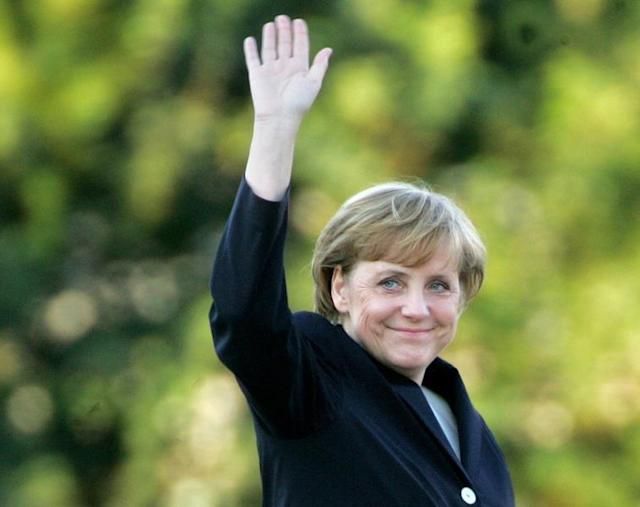With her election as Germany’s first female chancellor on November 22, 2005, Angela Merkel ensured that she would be remembered as a historical figure.
Angela Merkel has served as Germany’s chancellor for 16 years, during which time she has been dubbed “the leader of the free world” in the face of authoritarian populists on the march in Europe and the United States. However, her legacy at home and internationally has been uneven.
Merkel, 67, has been in office for so long that she has been called Germany’s “eternal chancellor.” Her popularity has remained strong throughout her tenure, and she would have likely won a record fifth term if she had sought it.
Instead, Merkel will hand over the reins as the first German chancellor to do so solely on her own will, leaving a new generation of voters with no prior knowledge of anybody else in the position.
Those who support her claim that she has given consistent leadership through multiple global crises as a moderate and uniting figure throughout her career.
But opponents believe that a pragmatic approach focused on achieving the widest possible agreement lacks the visionary vision necessary to equip Europe and its leading economy for the decades ahead.
Whatever her legacy may be, Merkel will leave behind a politically broken environment, with her own CDU party split as it fights to escape from under her long shadow.
After serving as Merkel’s deputy chancellor and finance minister, the Social Democrat Olaf Scholz effectively positioned himself as the Merkel continuity candidate in the run-up to September’s general election and is now widely expected to replace her as chancellor.
Scholz presented a coalition agreement with the Greens and liberal Free Democrats on Wednesday afternoon.
Considering the likelihood that the government will take over in early December, Merkel will be only a few days shy of breaking Helmut Kohl’s record for being Germany’s longest-serving leader since World War II.
Over the last several years, the unflappable Merkel has acted as a multilateralist counterpoint to the large, boisterous men of global politics, ranging from Donald Trump to Vladimir Putin, who have dominated headlines.
The results of a September survey by the Pew Research Center revealed that vast majority of people in most democracies across the world had “trust in Merkel to do the right thing in international affairs.”
Merkel, a quantum physicist by training who grew up behind the Iron Curtain, has long been seen as a guarantee of stability by her change-averse people, and she continues to be so.
After the 2011 Fukushima nuclear accident, she implemented important policy adjustments that were supported by big majorities in Germany. As a result, she was able to bring in a large new coalition of women and urban voters to the erstwhile arch-conservative Christian Democratic Union (CDU).
But the last weeks of her term have been blighted by a brutal fourth wave of the coronavirus pandemic, the most severe to occur since the outbreak’s inception.

